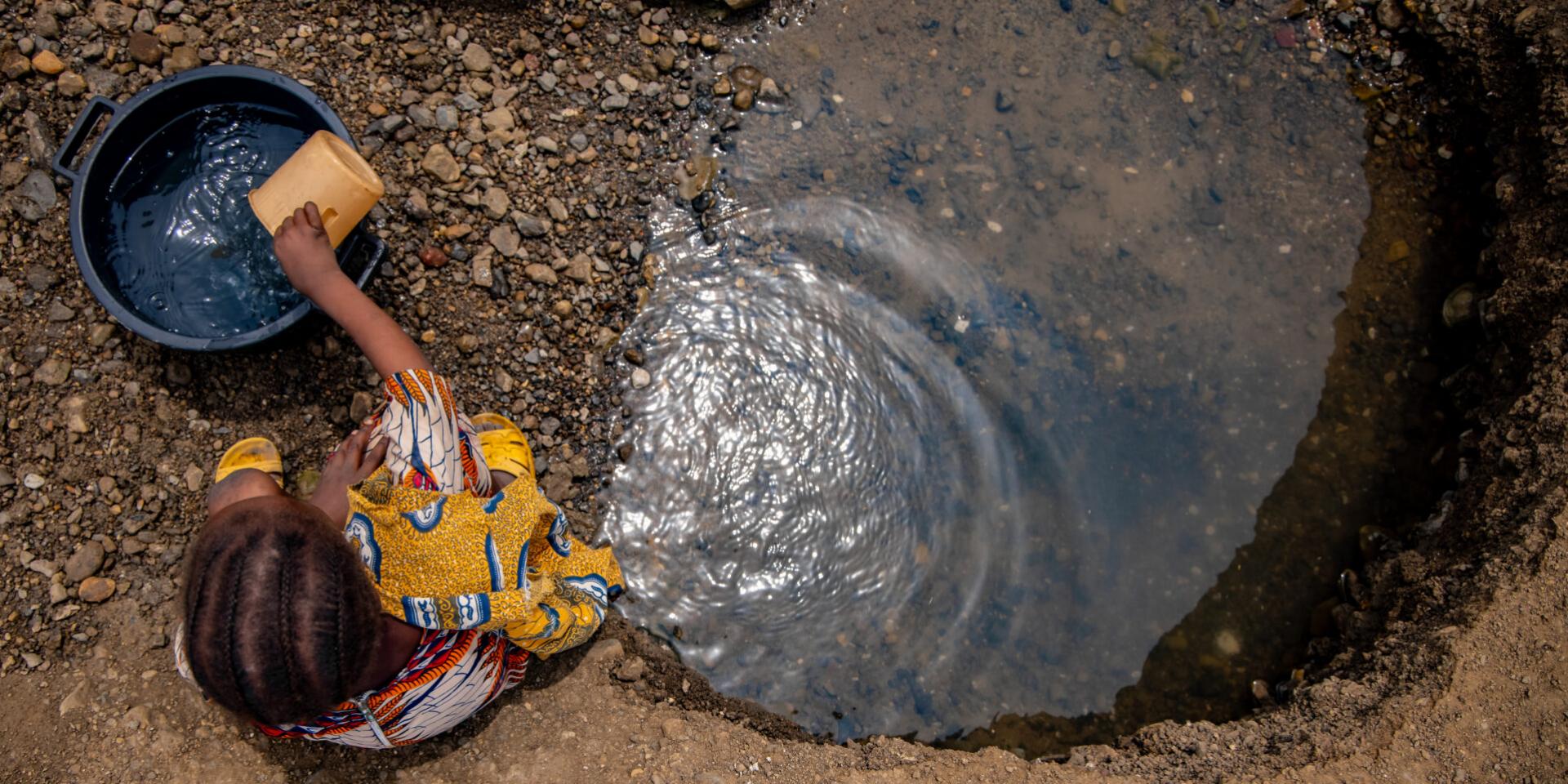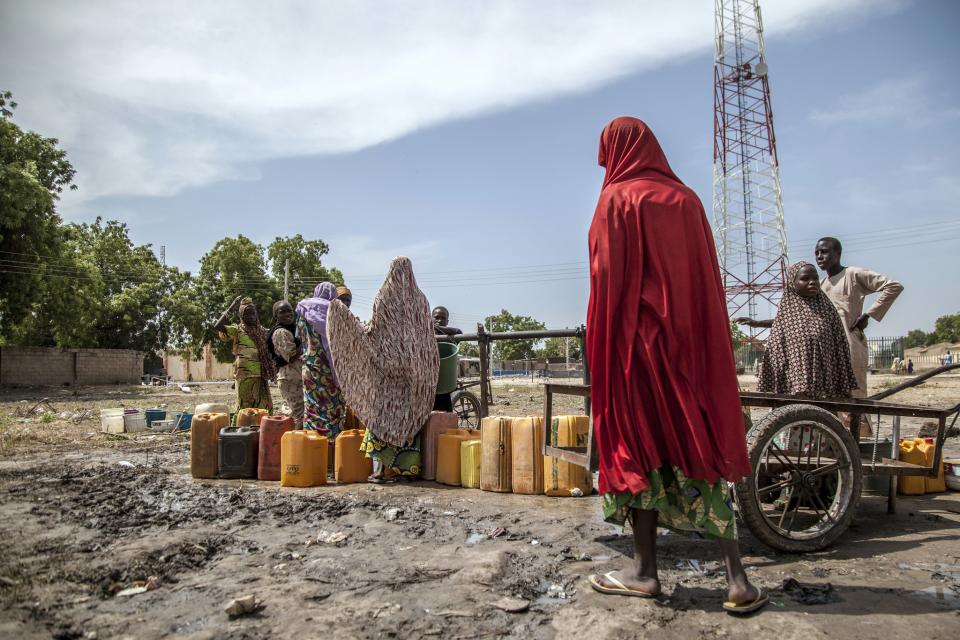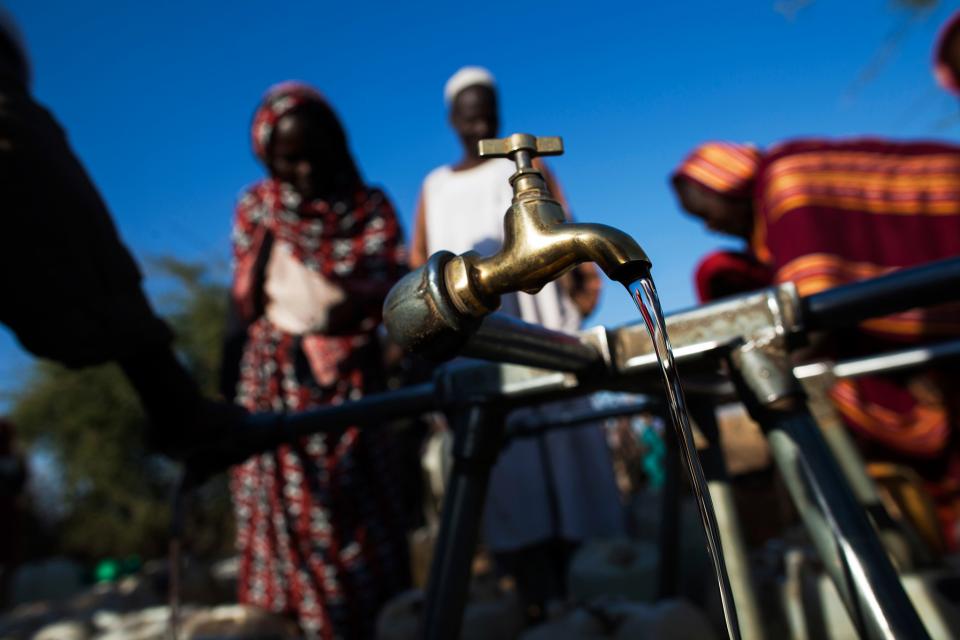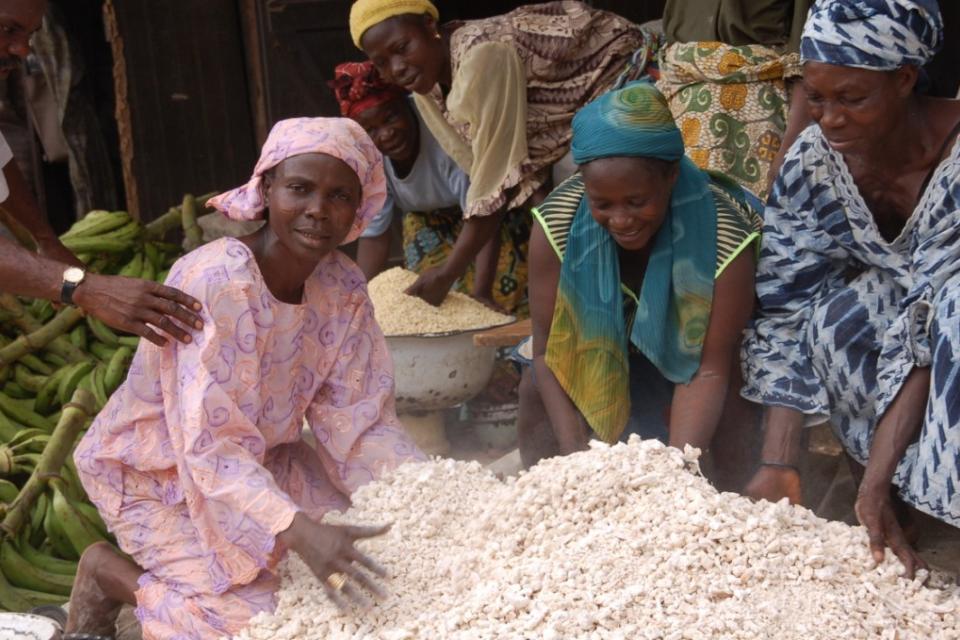Migration, displacement and water-related challenges in Adamawa State, Nigeria

Findings from a survey of 400 households in 20 communities show the strain on water and other resources.
Geographically, Adamawa State is in the northeastern part of Nigeria. With 21 local governments, Adamawa has seen interstate and international migration. Notable among the international migrations is the influx of refugees from the southwestern part of Cameroon with 16,500 persons reported between August 2022 and January 2023. The influx of people to destinations with scarce resources puts a strain on existing limited resources, leading to competition and conflicts. The conflicts further result in migration and displacement.
The International Water Management Institute in partnership with the World Food Programme is implementing a project titled Vulnerabilities to Changes in the Water Systems of Conflict-Affected Communities in Adamawa State, Nigeria. Findings from a survey of 400 households in 20 communities located in 10 local governments in Adamawa State reveal that migration and displacement in Adamawa can be attributed to the loss of farmland due to conflicts and climate change. Conflict in the region is most often communal conflict, farmer-herder conflicts and activities of non-state armed groups. Conflict and climate change have affected several households, with 54.3% of respondents’ households having alternative sources of income due to the conflict.
The increased migration to communities in Adamawa State has affected the households of both migrants and hosts. The result is a strain on available water resources and infrastructure, impacts on livelihoods, insecurity and poverty, as well as limited trust among community members. A representative of internally displaced persons in one of the communities indicated that, “When there is no water available, people waste most of their time searching for water instead of doing something productive.” This has negatively affected 83.5% of migrants in the study communities to the extent that some are contemplating returning and settling in the communities they migrated from as they have nowhere else to go. Meanwhile, others are unsure about their next move amid their vulnerabilities.


